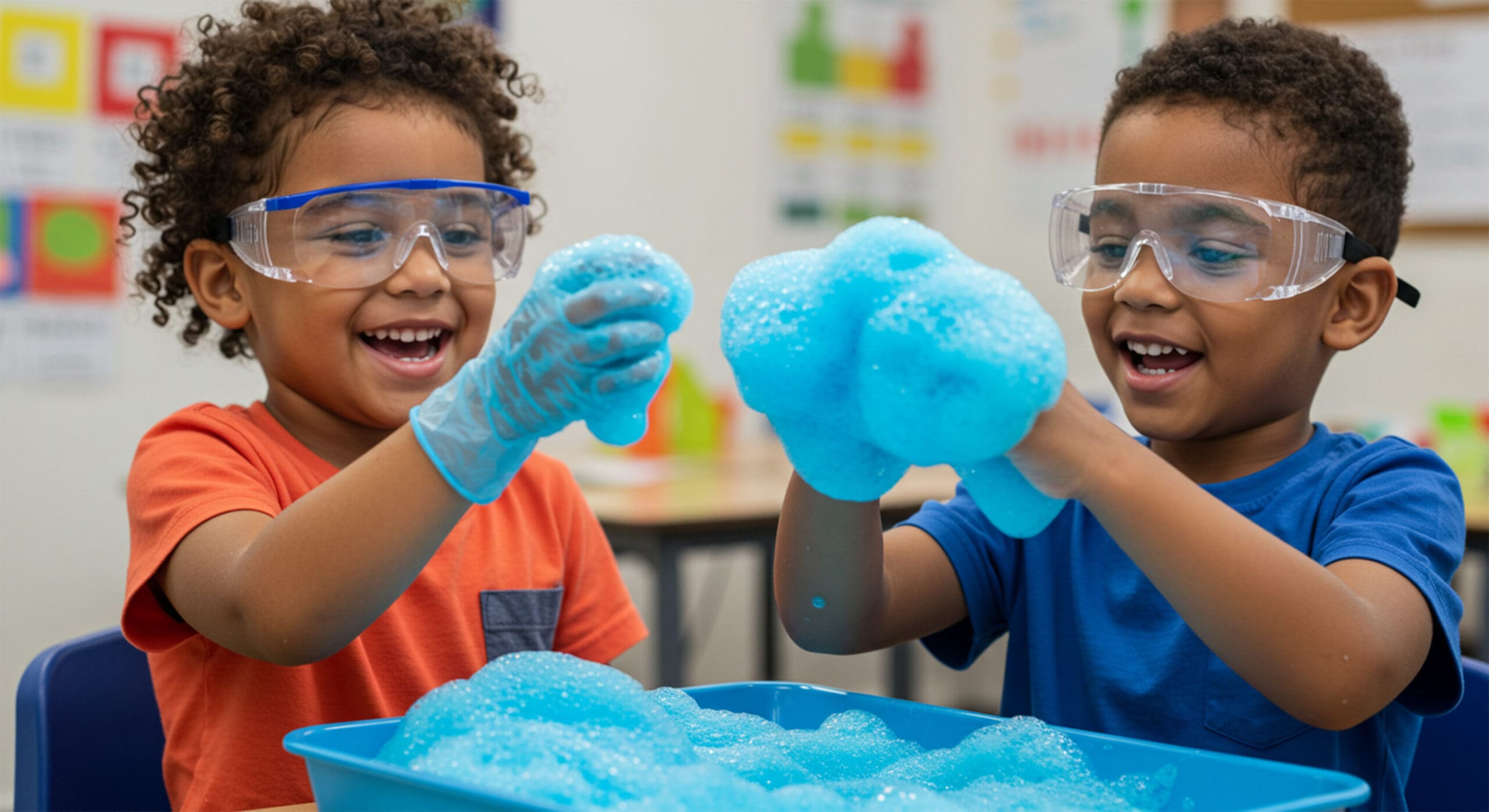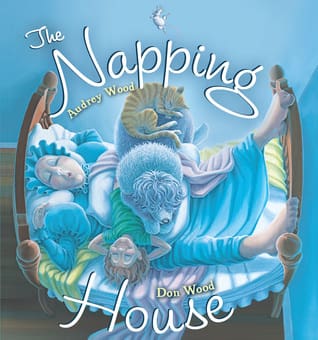Do you see posts everywhere about sensory play for babies and toddlers? Are you wondering what sensory play is, or why so many people are doing it? Do you just HATE a mess, and so you have avoided sensory play?
Even though it can be messy, sensory play (things like water, play dough, sand, bins of dry rice or pasta, or combinations thereof) is a great way for children to learn many important skills. It really has a big "bang for your buck" in terms of helping children develop so many skills in one activity. And remember, you can prepare for messes and clean them up. Your child will gain so much from the experience--it's worth it!
Children learn new vocabulary when engaged in sensory play, such as comparative or measuring words like empty and full or descriptive words like soft and bumpy. They get to experience directly what these words mean, so they really understand them.
They also do a lot of math and science with sensory play. They can experiment: “What happens if I pour water on the sand?” or “Will this toy float or sink?” And they are learning about amounts: this cup holds more water than this other cup.
Time in the sandbox or at the water table is a time to practice social/emotional skills. You have to make space for your friends to play, and you might have to wait to use the funnel while somebody else uses it.
Children practice their fine motor skills in sensory play, as they learn to pour, scoop, pinch, and squeeze. These are all skills they will use as they learn to write, zip up their coats, and tie their shoes.
When they drop a small object in the bottom of a bottle, they have to use their problem-solving skills to figure out how to get it out.
Sensory play can be very soothing—and engrossing—for many children, so it is a great way to keep them happy and busy and to help them calm down. (Of course some children get over-stimulated with some sensory materials, so you have to decide what works best for your child.)
Sensory play can also extend to activities that stimulate the senses of hearing, smelling, and tasting as well. Let children make their own music with objects around your house, let them play with a flashlight in a dark room, and encourage them to smell and taste new foods.
Of course, some children (just like some adults) do not like to be messy, or can become overwhelmed by loud noises, bright lights, or strong smells. That doesn't mean you just shouldn't try any of those activities with them; just let them do it at a slower pace. Some children love to play with sand as long as they can use shovels instead of their hands, and after they try a new food a few times, they may decide they like it.
For some ideas of what materials to use for sensory play, as well as what to add to sand, water, etc., check out our blog post "Sensory Play Ideas."














